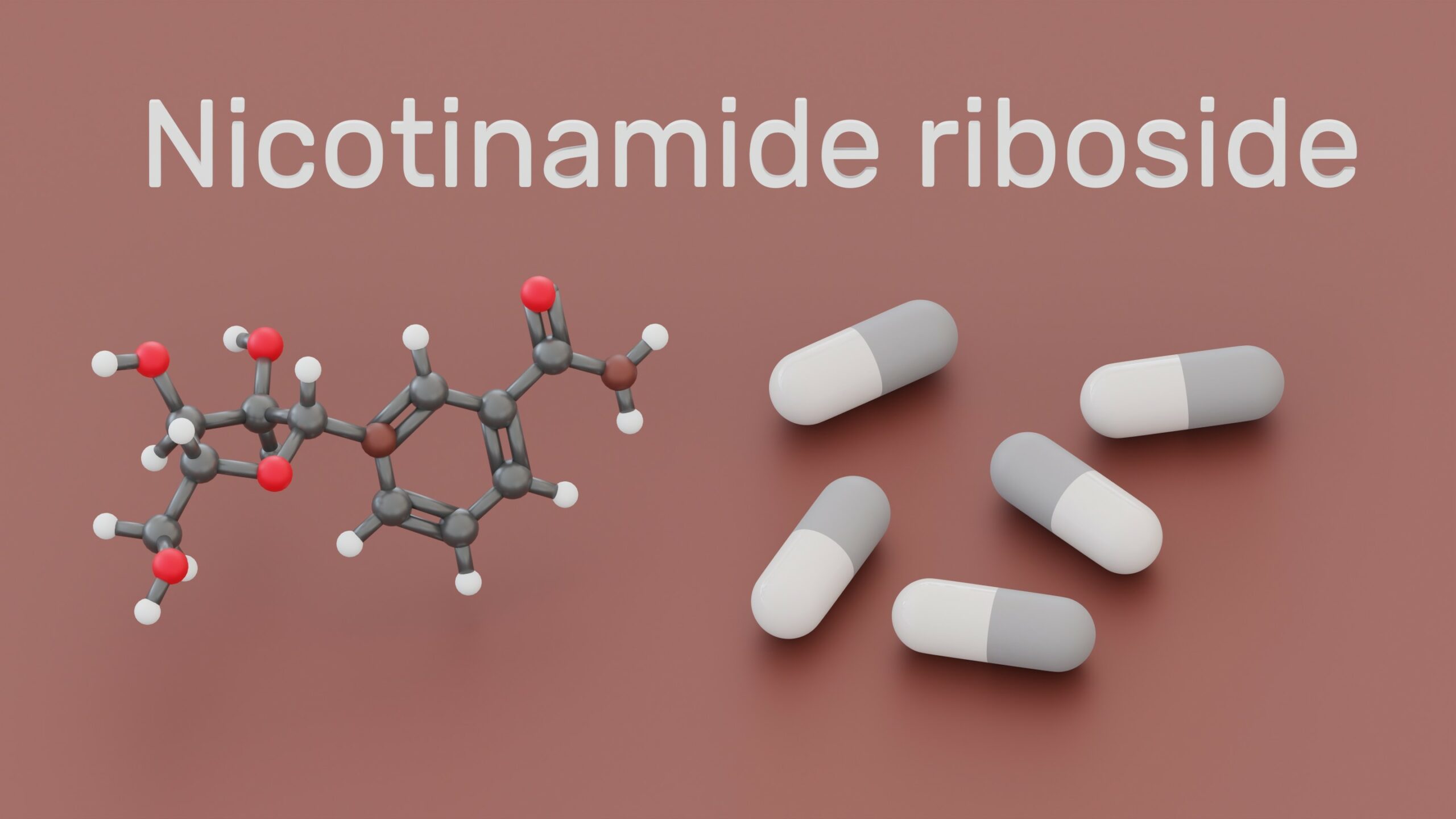New research from the University of Missouri has found that a popular dietary supplement based on a form of vitamin B3 might boost the risk of serious disease, including cancer.
The findings by the international research team run counter to earlier studies that have found that the supplements actually can benefit your heart, brain, and general metabolism.
The university research team also found almost the opposite of the belief that the supplements help in lessening the effects of chemotherapy on the body.
High levels of the supplements—known as nicotinamide riboside (NR)—not only might heighten a person’s risk of developing triple-negative breast cancer, the researchers found, but also could cause the cancer to spread in the body and to the brain.
When the cancer affects the brain, the result is death. The reason is that no treatments are available at this time, says Elena Goun, associate professor of chemistry at the University of Missouri who was a leader in the study.
She says the study’s findings underline how important it is to inquire carefully into the possible side effects that supplements similar to NR can have before they are given to people who have a wide variety of underlying health conditions.
Automatic assumption
Some people take supplements and vitamins because they assume automatically that they can have only positive benefits for their health. Little is know, however, about how the supplements really work, says Goun, who is the corresponding author of the study.
This absence of knowledge inspired the team to investigate the basic issues that surround how supplements and vitamins work in the human body.
Father’s death
Goun herself was moved by the death of her father, who was 59, only three months after he had been diagnosed with having cancer of the colon. The experience led her to strive to gain an improved understanding scientifically of cancer as well as the speed with which cancer can spread in a person’s body.
NR is a supplement that is well known to help boost energy levels in cells, Goun says. Cancerous cells feed on that energy. As a result, she sought to look into NR’s role not only in cancer’s development, but also in its spread through the human body.
In order to undertake their research, the University of Missouri team developed a new technique of imaging that permits the measurement of levels of NR in a non-invasive way and in real time. Using this form of imaging, light shows the presence of NR; the more NR that is present, the brighter is the light.
The method was used to examine and compare the levels of NR in T cells, cancer cells, and healthy tissue.
Widely available
The work is particularly significant because NR is widely available commercially, Goun explains. Many clinical trials on humans are being held in which NR is used to offset the impact of cancer therapy in people, she adds.
At the same time, even though NR is already being used widely on people, much of how the supplement works is unknown and is not understood, Goun says. She calls it a “black box.”
Development of inhibitors
Goun would like to present information that could hopefully lead to the development of inhibitors that would help to ensure that therapies for cancer, such as chemotherapy, are more effective in treating the disease.
Cancers are not the same in all people, particularly when they are viewed from the perspective of metabolic signatures, Goun says. Cancers often can alter their metabolism after or even before chemotherapy.
The study is published in the Journal of Biosensors and Bioelectronics.






